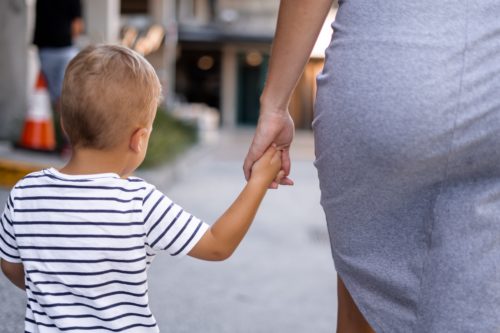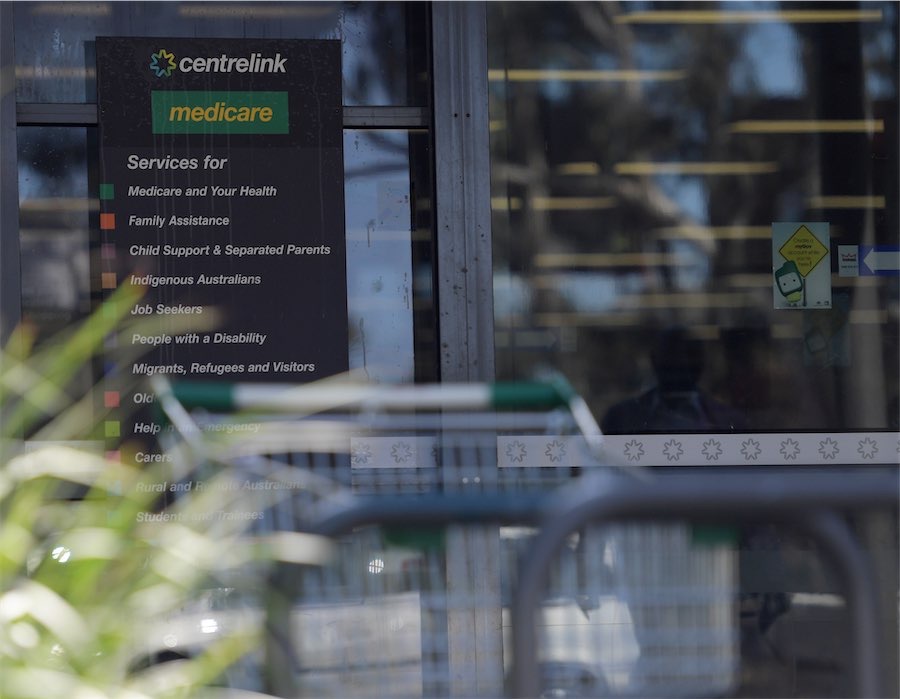
CHILDREN are at risk of emotional trauma because of family and community distress caused by the coronavirus pandemic, warn experts, so what do parents say to their children when they ask about the crisis?
Nicola Palfrey, who is the director of the ANU Australian Child and Adolescent Trauma, Loss and Grief Network (ACATLGN), says its normal for children and adults to feel stressed during this time but says information needs to be delivered to children in a calm way so they understand it.

“Lots of people are anxious and children need some age-appropriate information about what’s going on for them,” she says.
“They need to know why they are not going to school and why we are so concerned about washing their hands.”
To help, the ACATLGN and the Emerging Minds National Workforce Centre for Child Mental Health have designed a suite of resources to help support adults and children before, during and after a traumatic event – with specific tips on COVID-19.
“There are so many dynamics that are changing, and children need some reassurances,” Ms Palfrey says.
“Children may have stopped going to school, or they could be separated from their grandparents. It is a matter of checking in with them, asking them what they know and letting them lead the conversation.
“Provide facts about what has happened, explain what is going on now and give them clear information about how to reduce their risk of being infected by the disease, in words that they can understand depending on their age.”
Ms Palfrey says the resources have tips on how to limit media exposure and how to share calm bite-size pieces of information tailored to the right age group.
“It’s okay to share with your children that you are worried, but it’s important to not share panic with children,” she says.
“It would be easy for many children to think they might get this virus and they will die.”
Ms Palfrey says children may respond to stress in different ways such as being more clingy, anxious, withdrawing, angry or agitated.
She says it’s a common misconception that shielding children from bad news is best.
“Children need adults’ love and attention during difficult times. Give them extra time and attention. Remember to listen to your children, speak kindly and reassure them,” she says.
The National Workforce Centre also provides resources to support individuals and communities to speak with and support children and their families both practically and psychologically during stressful times, interact with children in ways that may enhance their resilience and wellbeing, support children and their families in the ongoing recovery process, understand the importance of self-care during ongoing stressful times, and identify emotional and behavioural difficulties in children that may indicate more ongoing, specialised support is required.
More information at emergingminds.com.au
Who can be trusted?
In a world of spin and confusion, there’s never been a more important time to support independent journalism in Canberra.
If you trust our work online and want to enforce the power of independent voices, I invite you to make a small contribution.
Every dollar of support is invested back into our journalism to help keep citynews.com.au strong and free.
Thank you,
Ian Meikle, editor





Leave a Reply